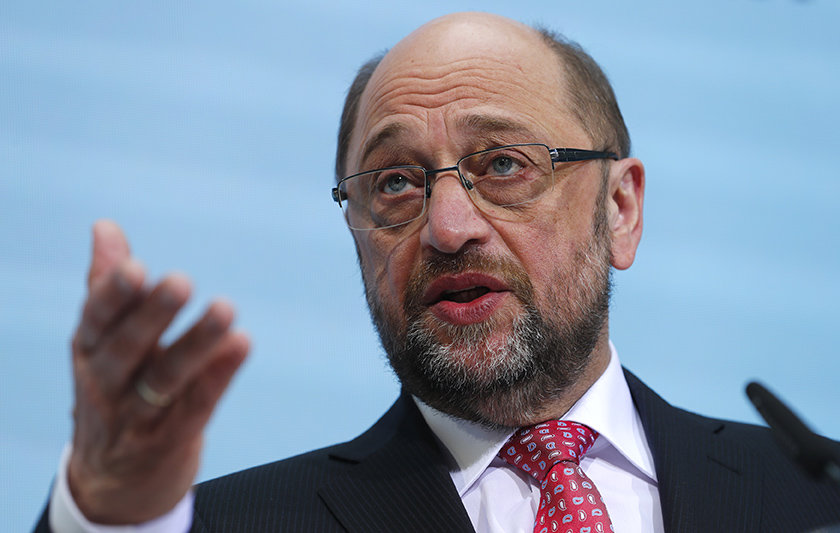Top German lawmakers have urged the EU to halt aid payments to Turkey and halt talks on a new customs union deal. The calls come as Berlin has revealed details of another German national detained in Turkey.
The leader of Germany’s Social Democrats (SPD) Martin Schulz, on Sunday accused Turkish President Recep Tayyip Erdogan of establishing a political tyranny and called on the European Union to scrap any further negotiations on expanding its customs union with Turkey, DW reported.
“How much longer can one allow that a president, who has already lost all sense of restraint domestically, also loses every sense of restraint internationally?” Schulz said in an interview with German public broadcaster ARD. “Can we continue to accept that innocent German citizens languish in prisons in a country ruled by tyranny?”
According to the German government, 54 German nationals are being held in detention in Turkey, ten of which are for political reasons. Two of the most high-profile detainees jailed are journalist Deniz Yücel and rights activist Peter Steudtner.
Schulz, the main challenger to Chancellor Angela Merkel and her Christian Democratic Union in next month’s federal election, warned that Germany would have to seek its own hardline measures against Turkey if Erdogan refused to cooperate.
One measure would be to halt any talks of expanding Turkey’s customs union with the EU. Ankara has made no secret of its ambition to boost market access for Turkish enterprises in the EU and sees the current arrangement, agreed back in 1995, as too restrictive.
Horst Seehofer, the leader of the Christian Social Union, the CDU’s Bavarian sister-party, called on the EU to freeze all aid payments to Turkey.
“Payment aimed at preparing Turkey to join the EU must immediately be put on hold,” he told Germany’s Funke media group on Monday. The state premier of Bavaria went on to say that barely a week passes in which Ankara doesn’t issue further threats and provocations.
Turkey is scheduled to receive almost €4.5 billion ($5.4 billion) for the period from 2014 to 2020. The money is meant to help bring its institutions up to a European standard and ultimately help it become a member of the bloc.


